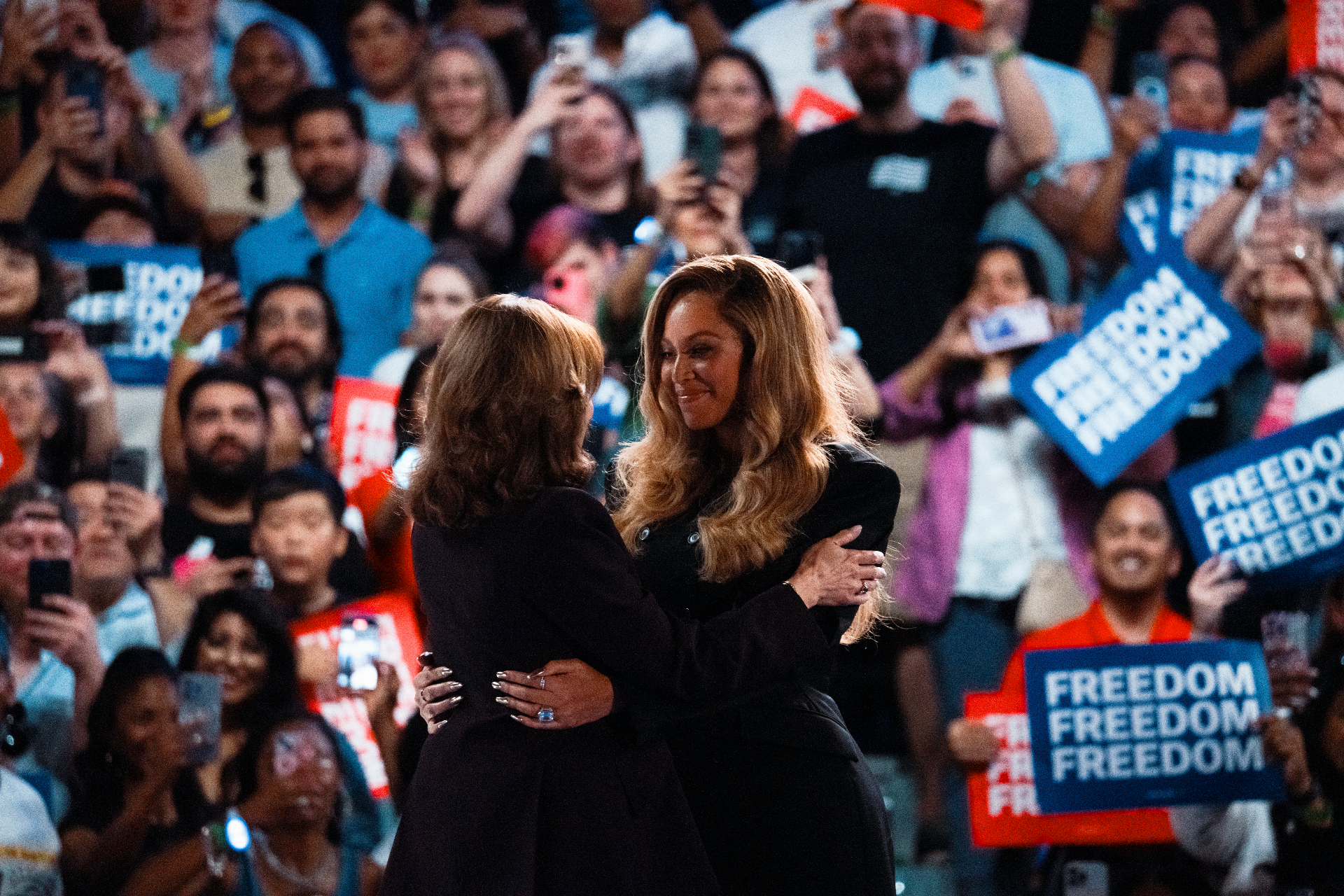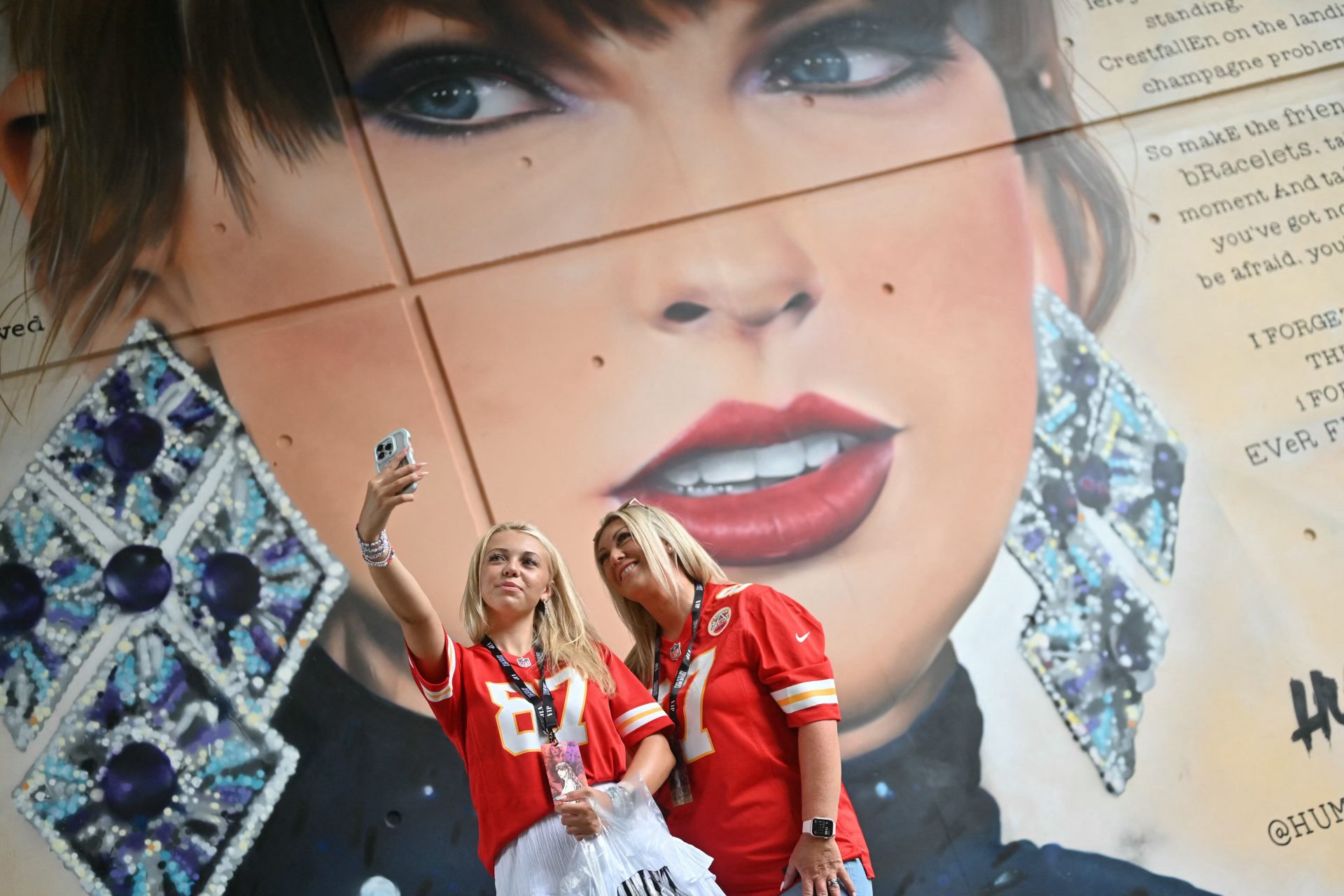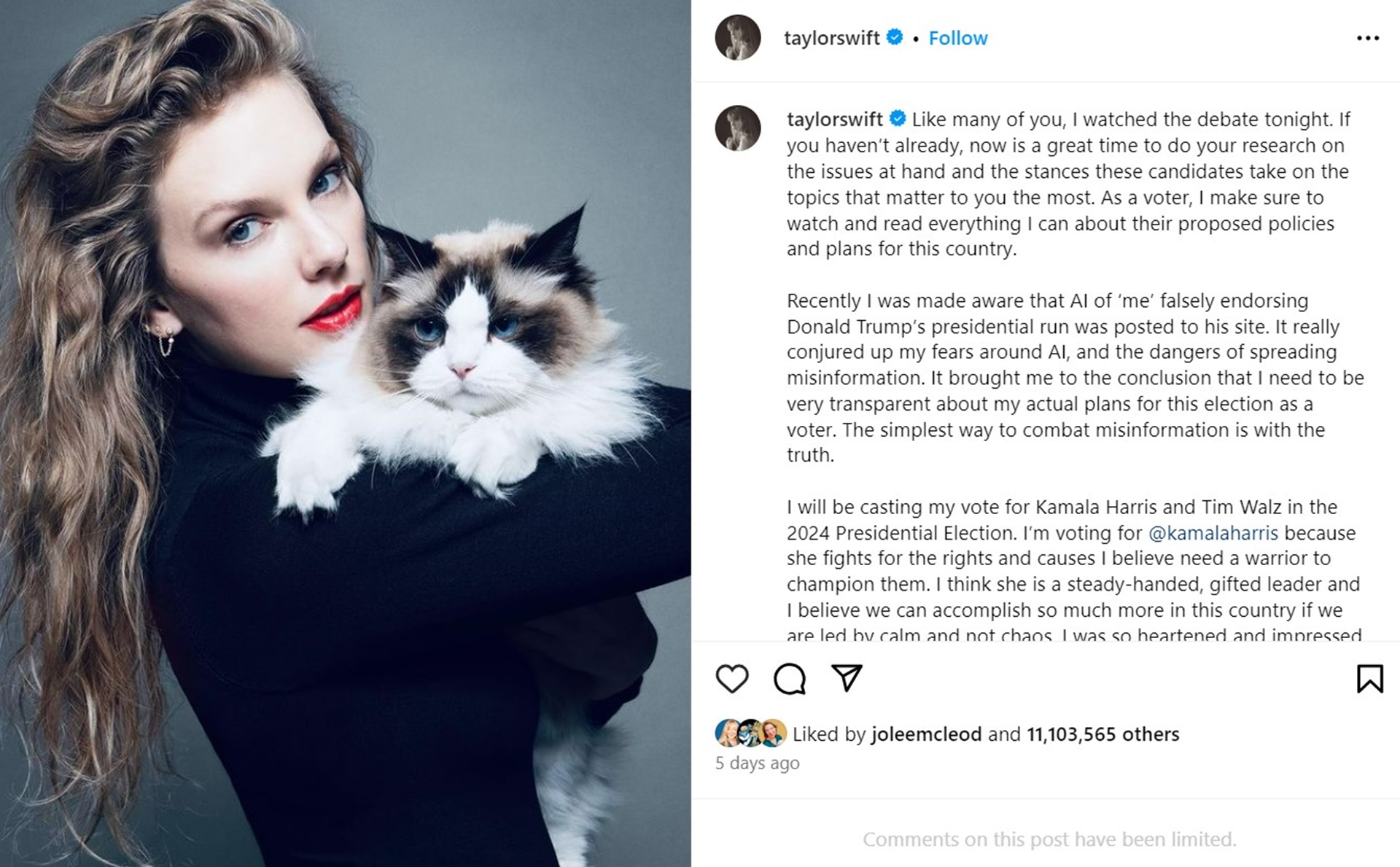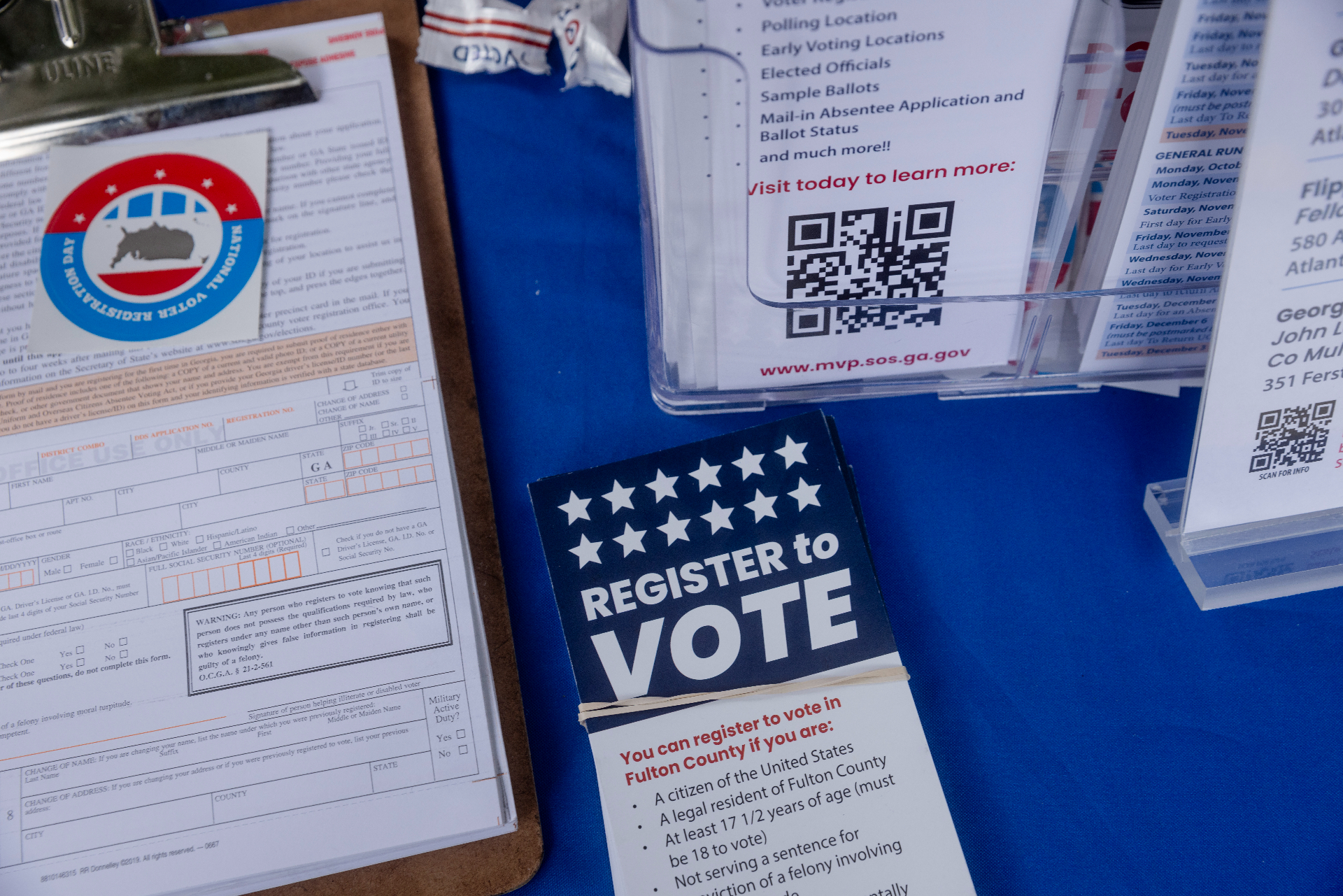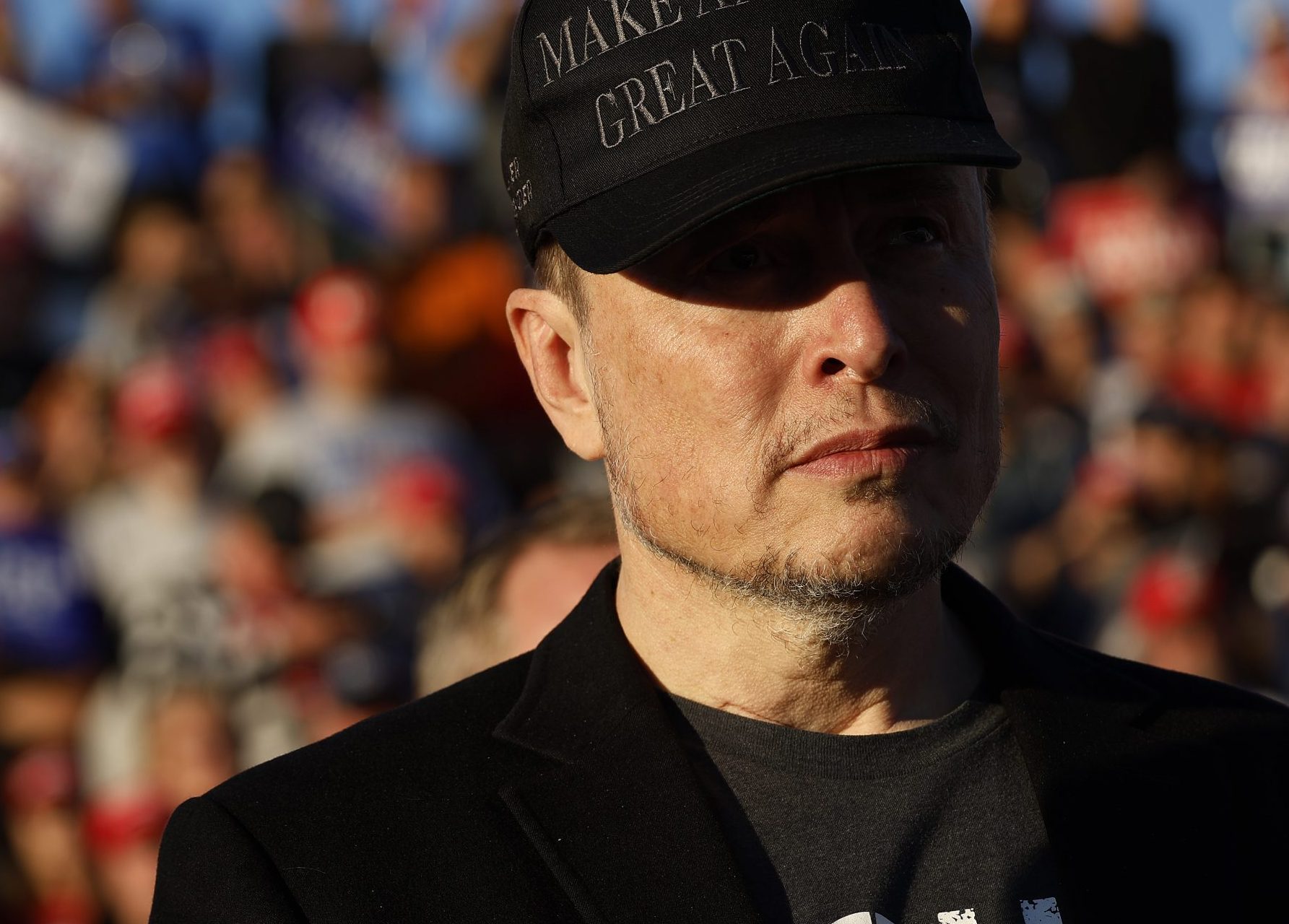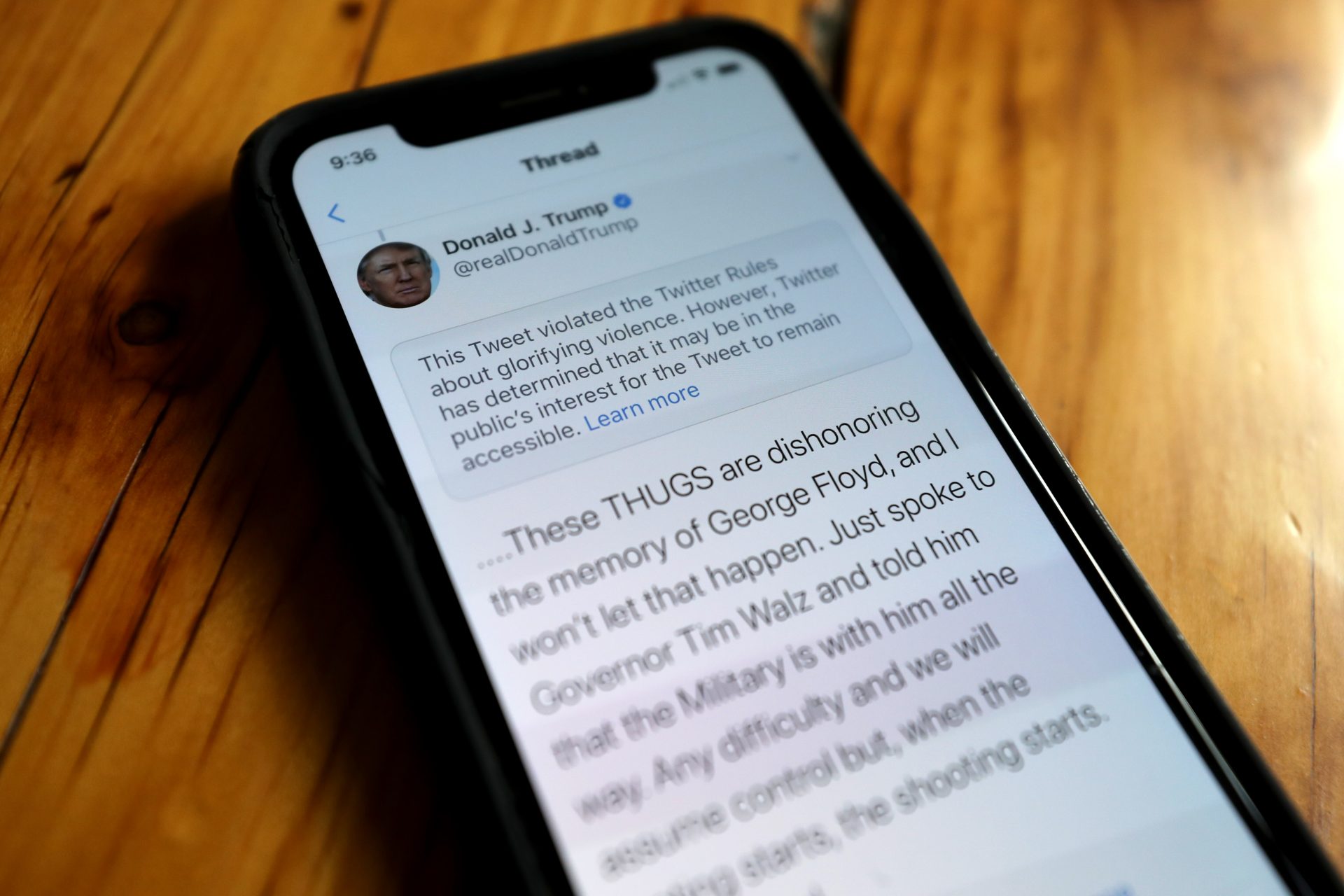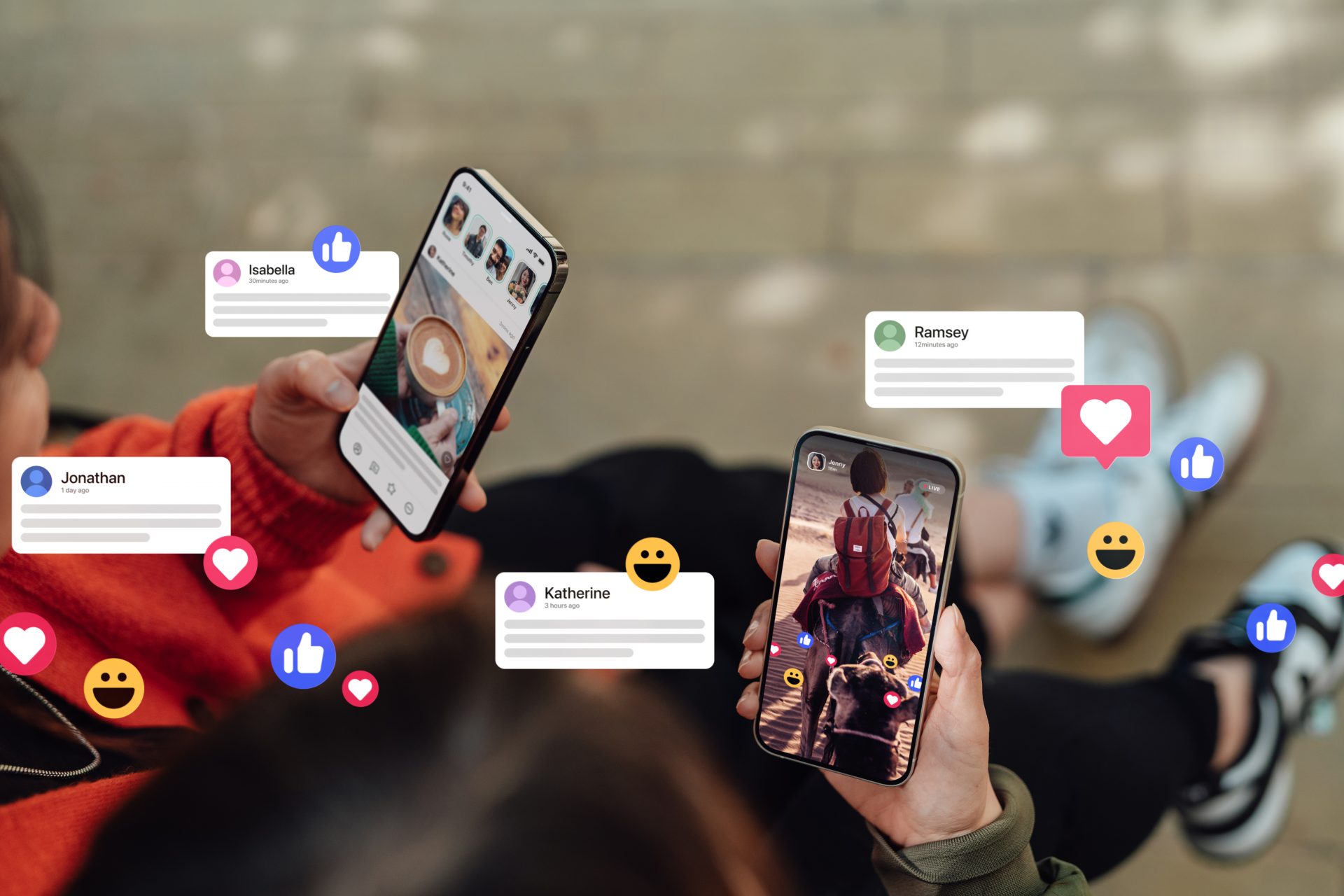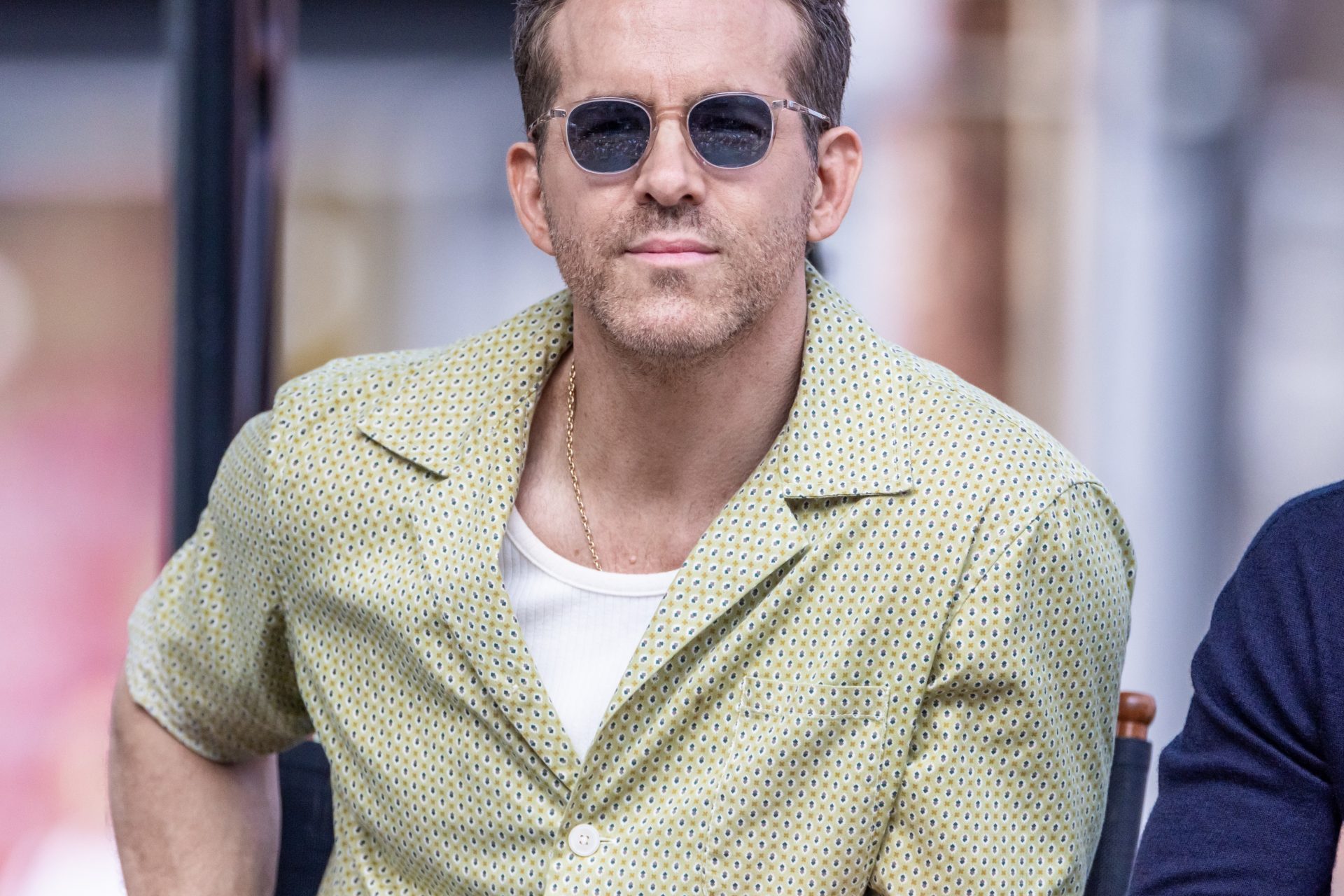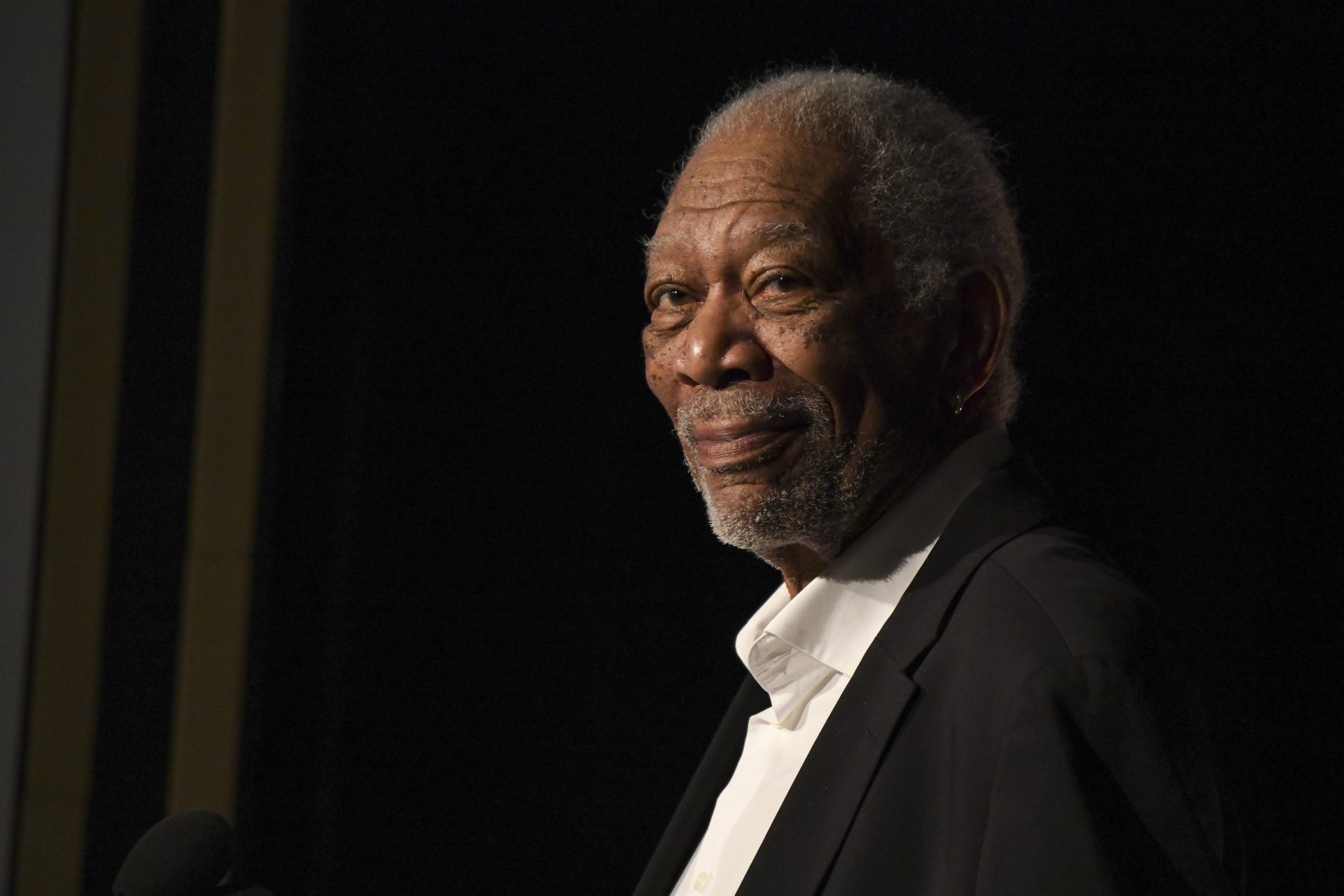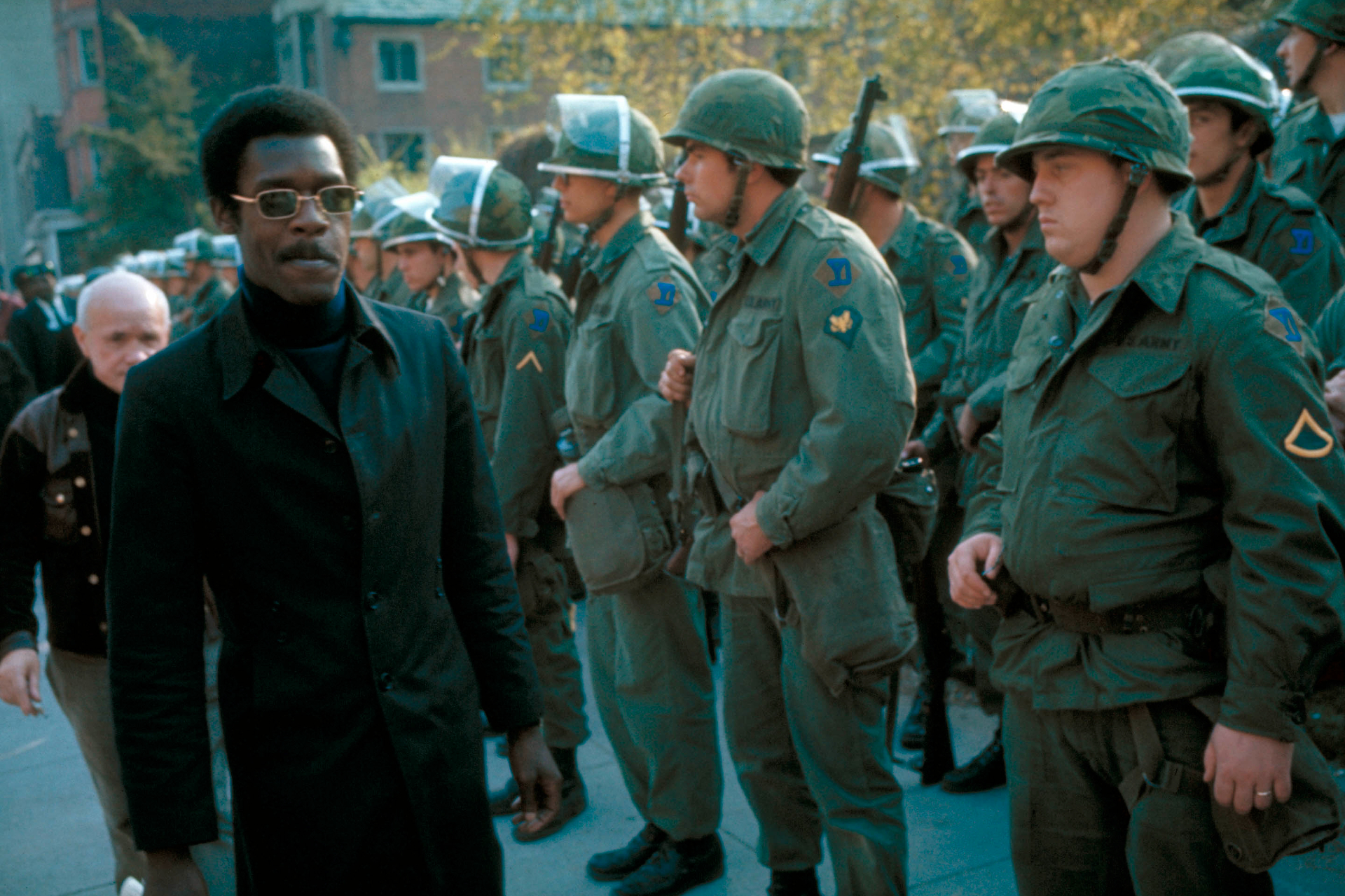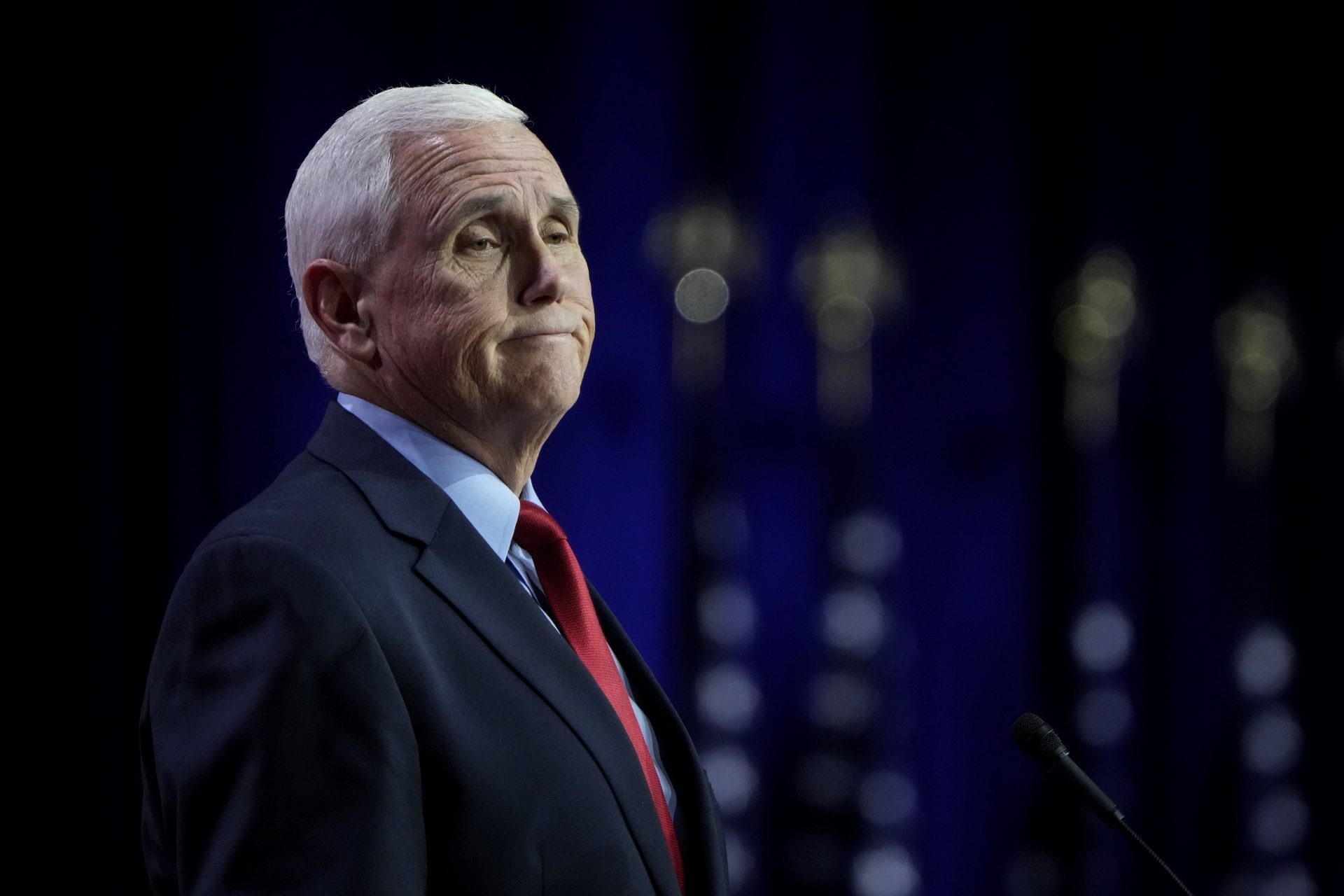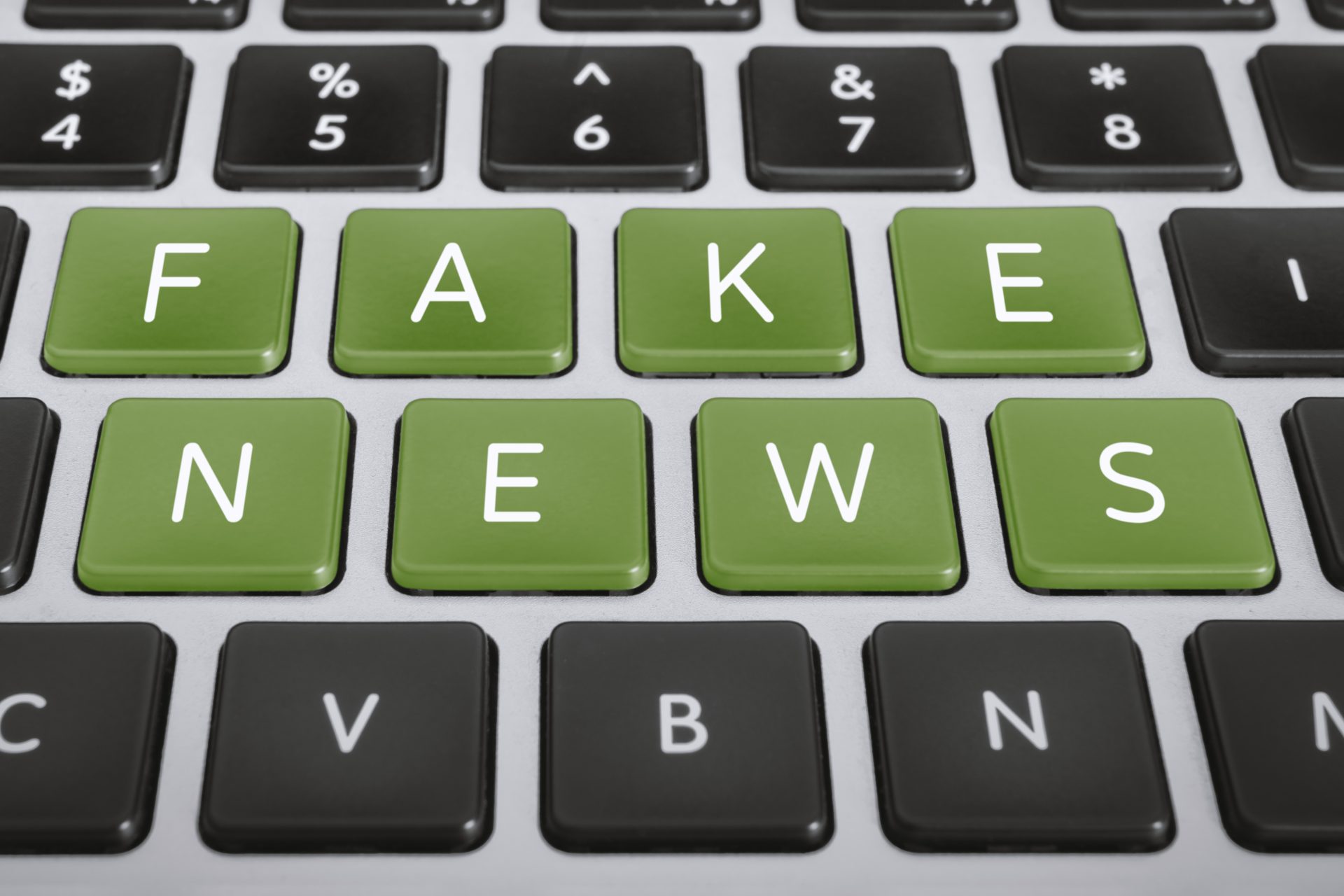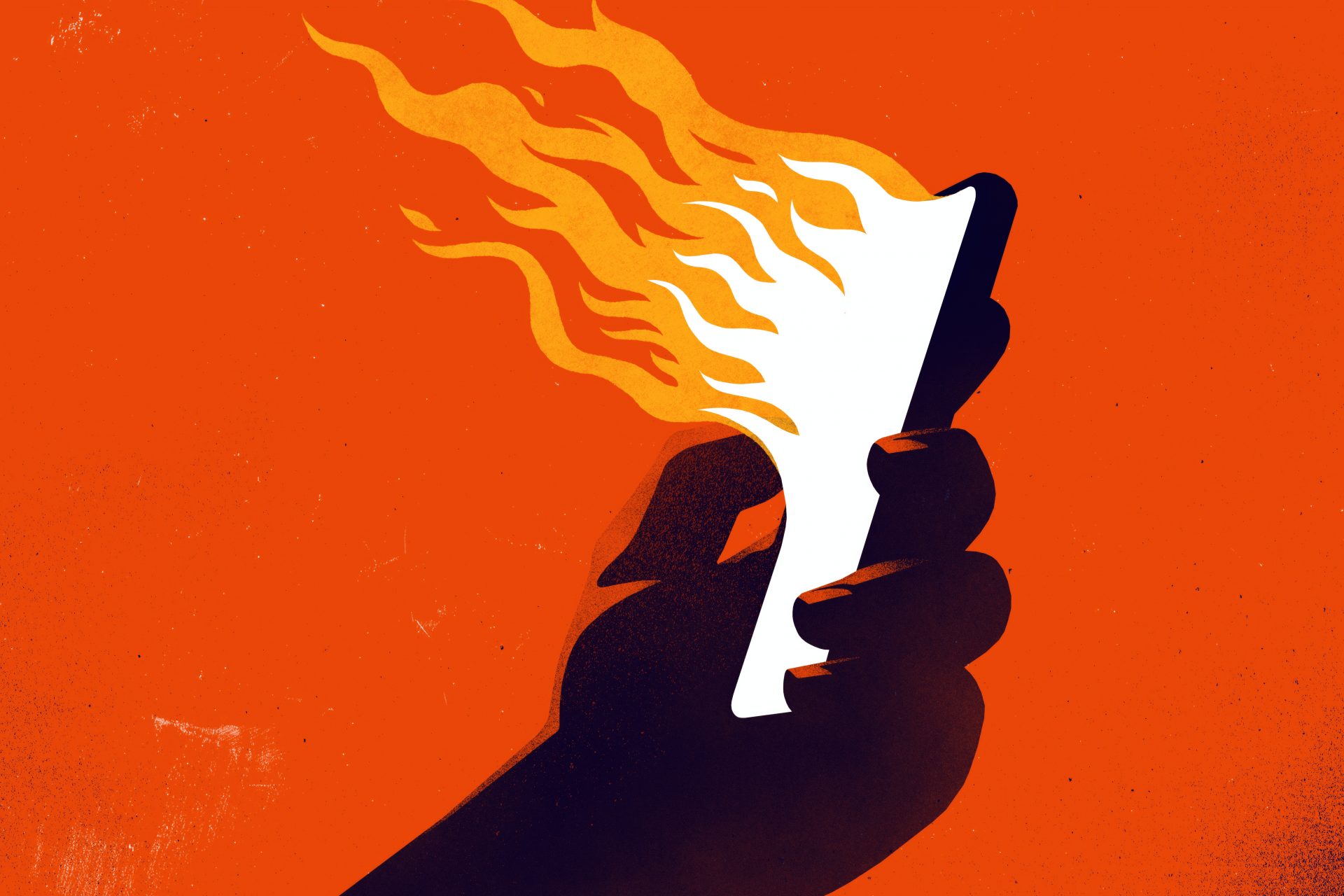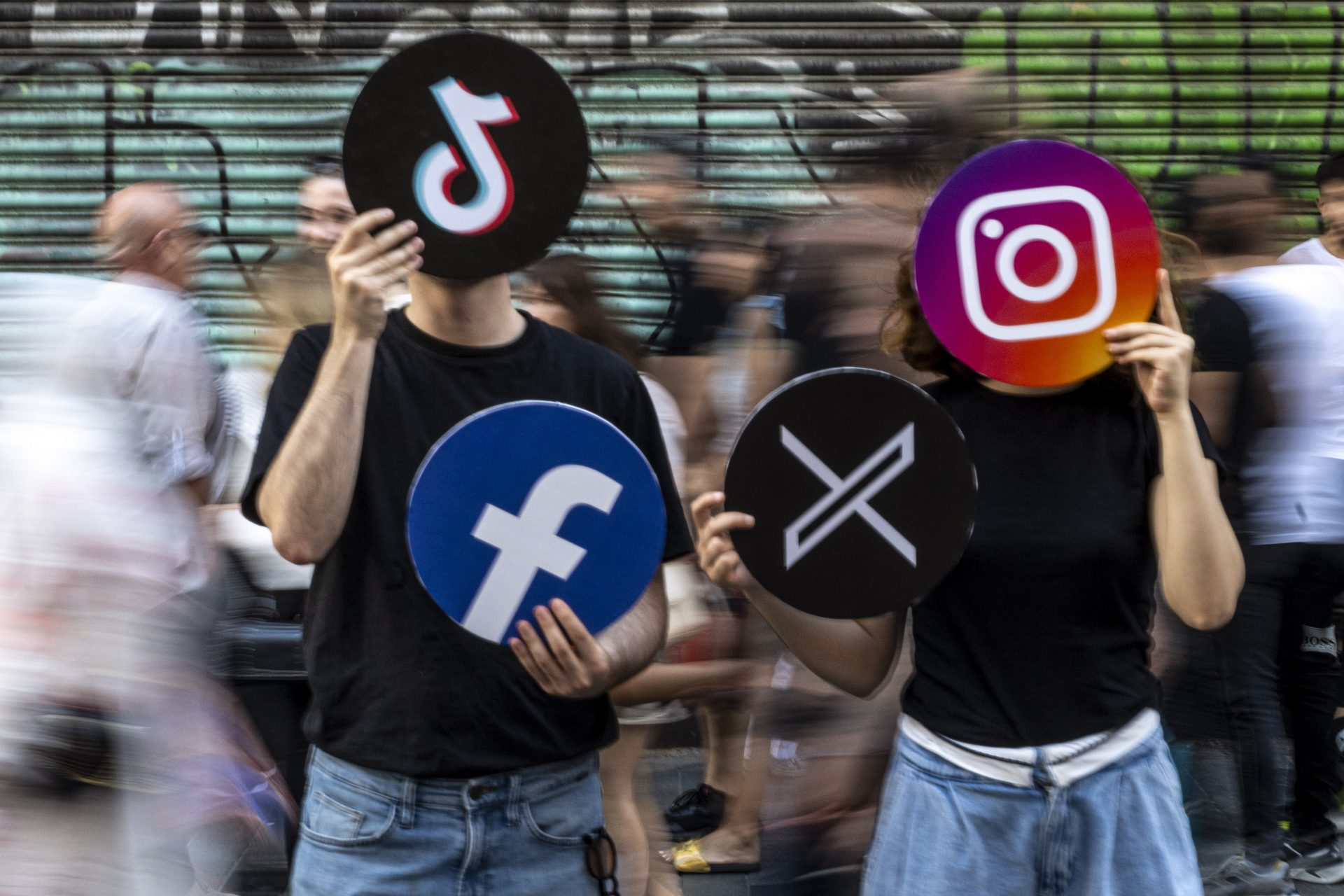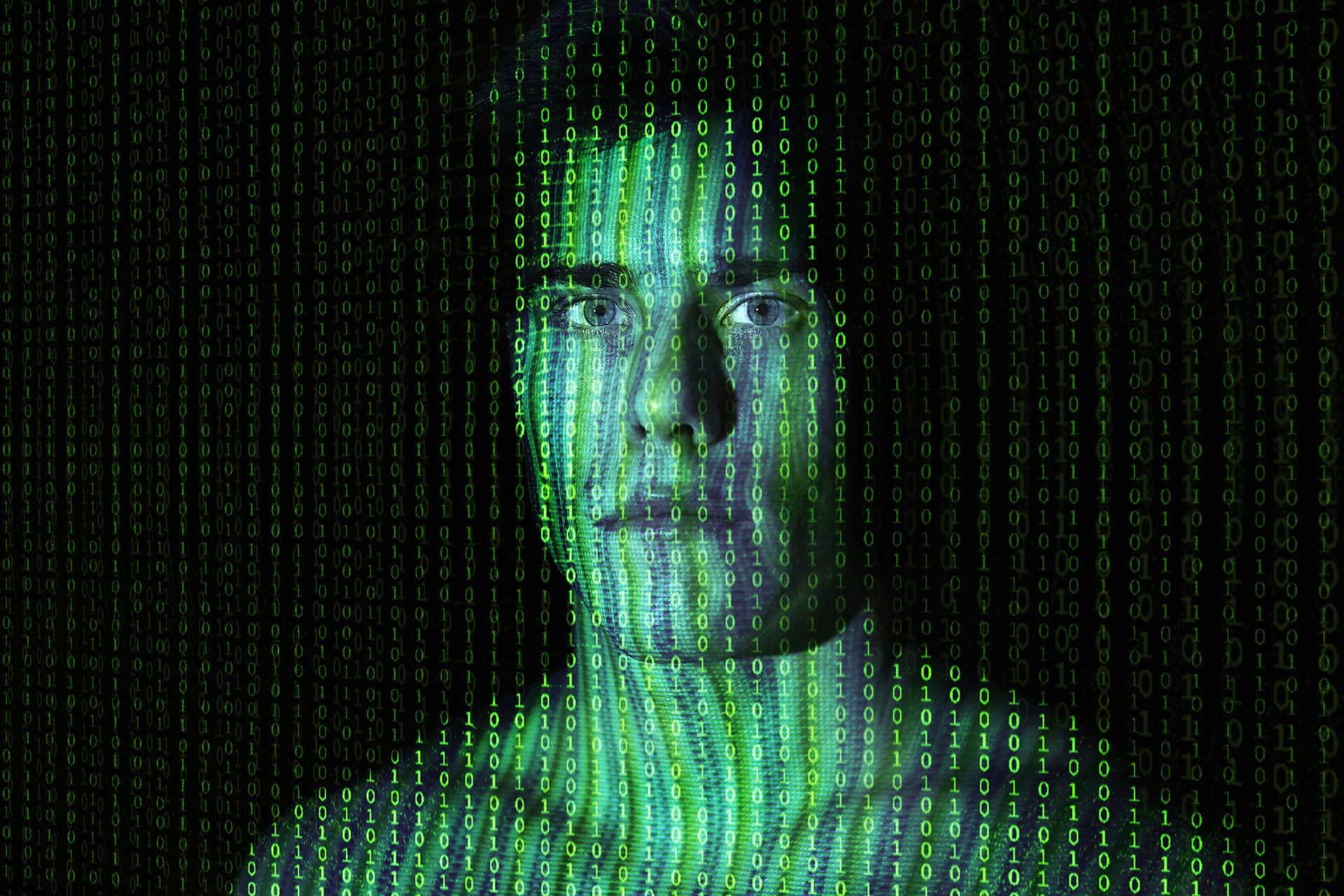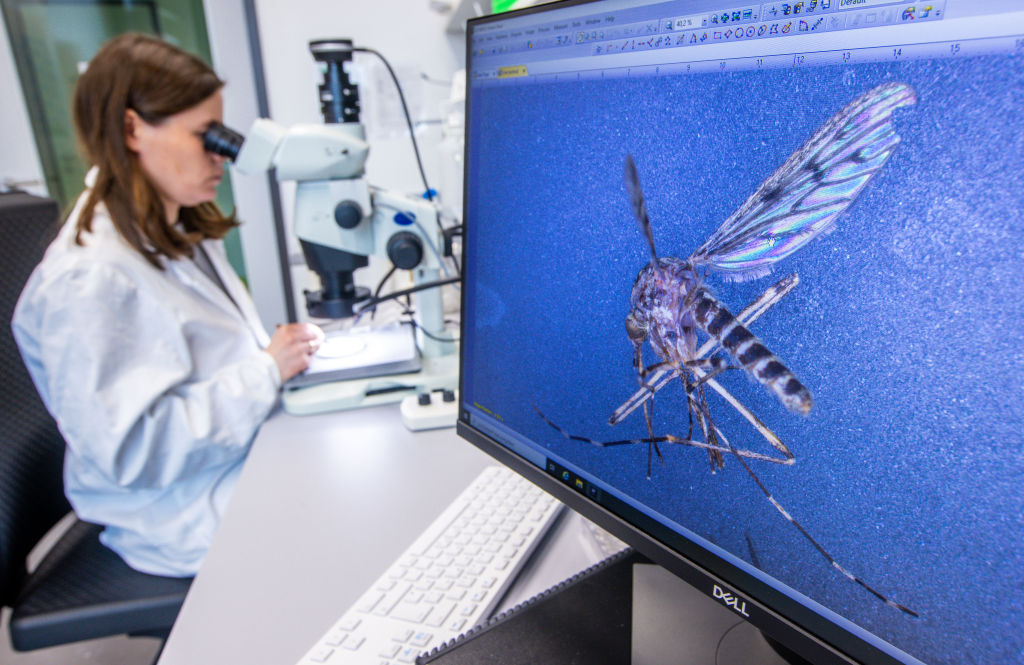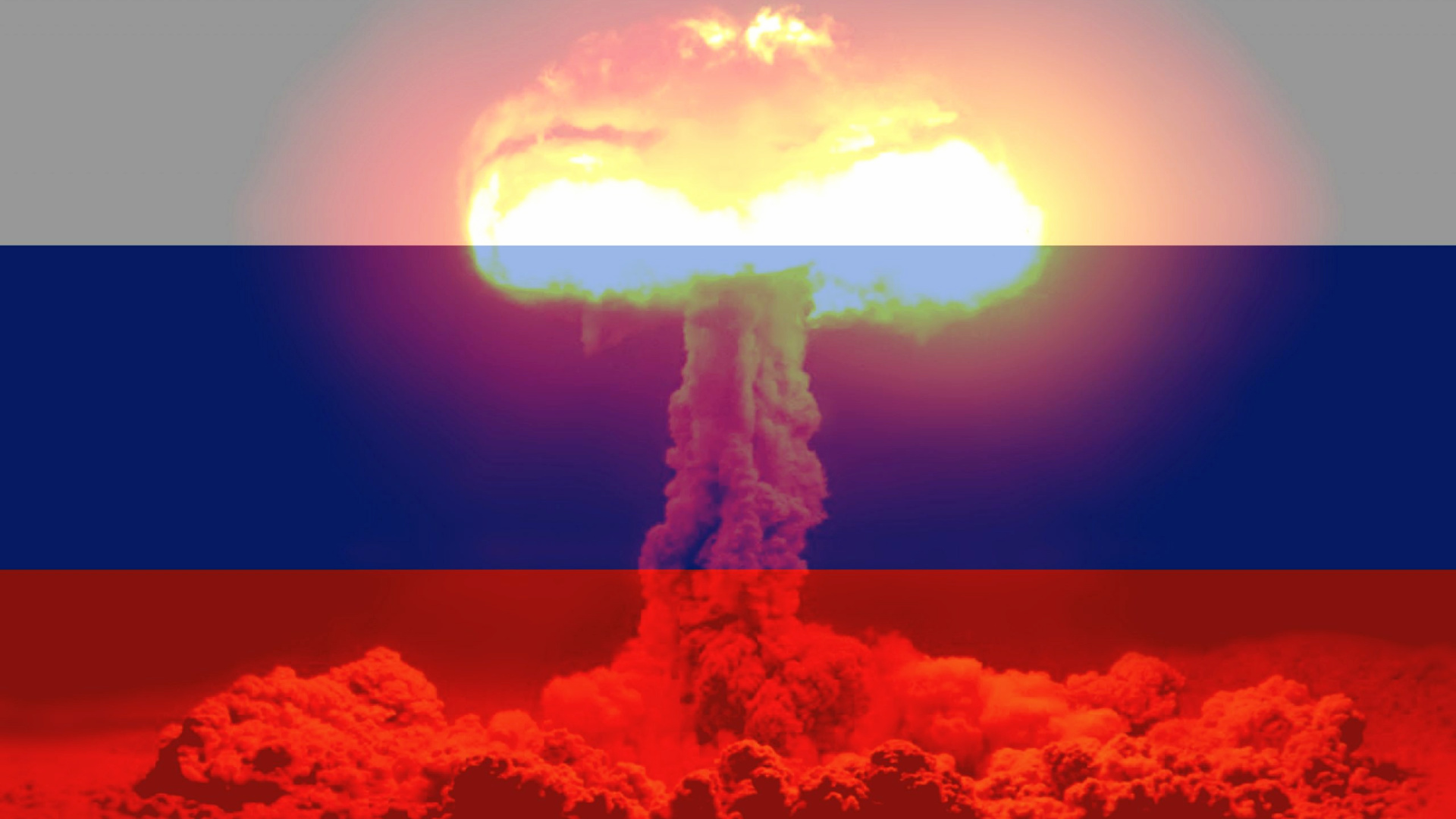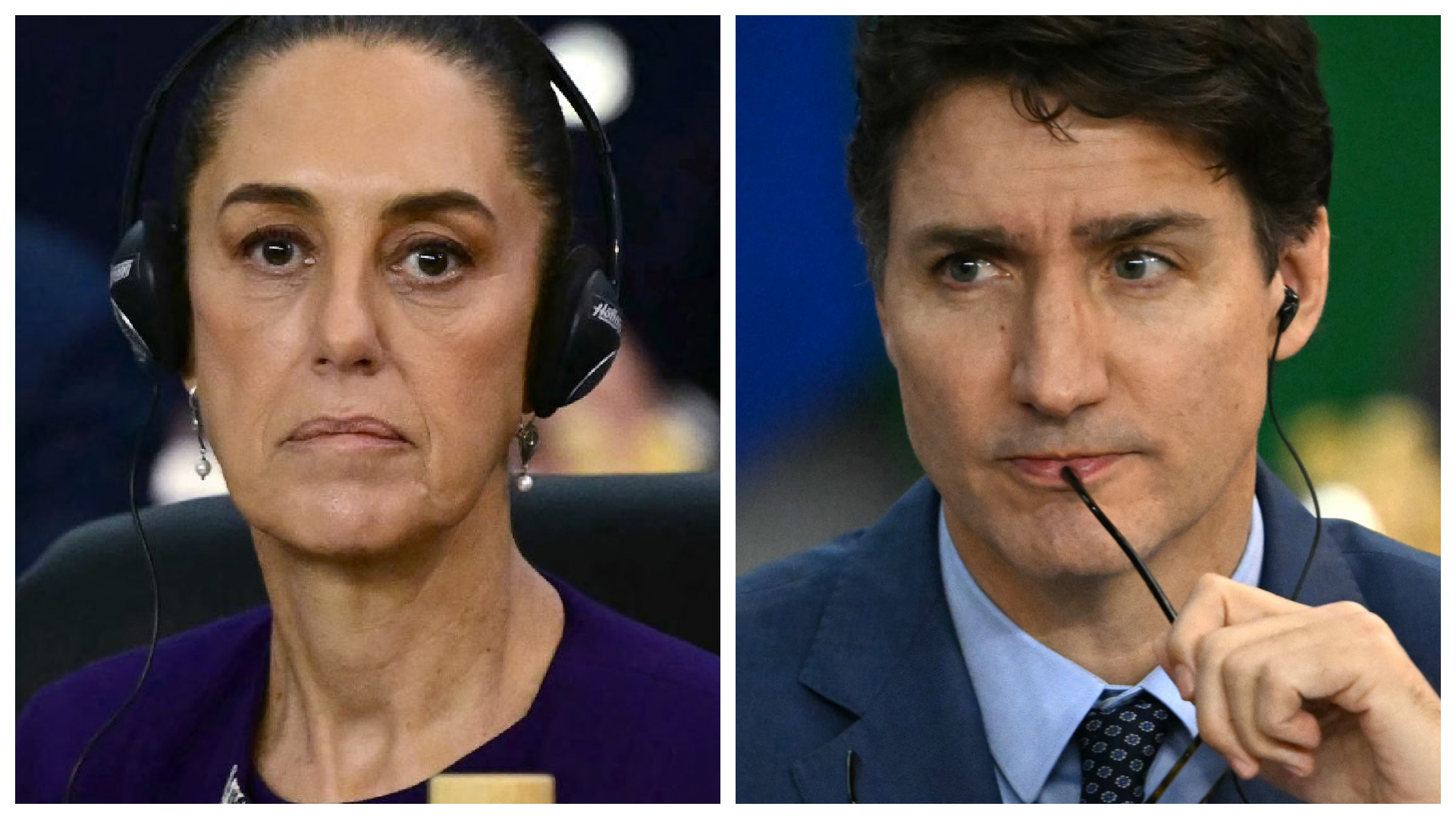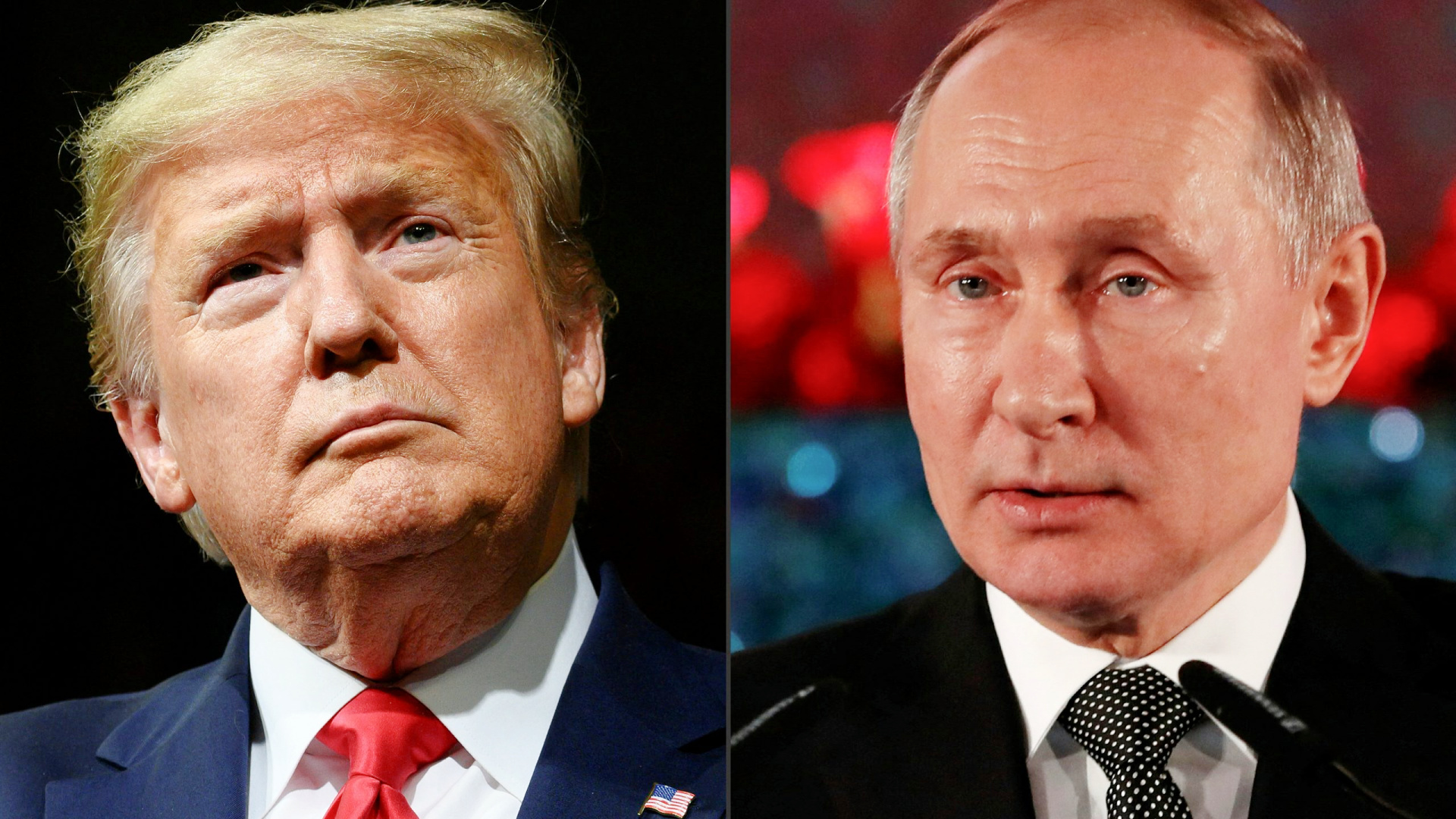Will celebrity endorsements tip the scale of the US election?
Seeing a famous athlete or singer at a political rally has become normal in US elections. Endorsements can come from every angle, but are they really useful?
Experts quoted by the Deutsche Welle and the BBC had a short answer: it depends. Is the celebrity Taylor Swift? It might be yes. The pop star endorsed Kamala Harris after the debate.
According to the BBC, visits to the voter registration website peaked after she linked it to her endorsement. The DW said voter registration increased 23% on the 2023 day she called on her followers to register.
However, according to the BBC, celebrity endorsements can have a downside: A Quinnipiac University poll found that Swift’s endorsement made 9% of respondents more happy about the candidate, but 13% were less optimistic after the endorsement.
The same poll discovered that among potential Trump voters, Elon Musk’s endorsement made 13% of responders feel more enthusiastic, and 21% feel less optimistic about the candidate.
Still, candidates are willing to bet by chasing some endorsements or inventing them. Trump posted fake pictures of Taylor Swift fans wearing “Swifties for Trump” t-shirts, but it was not the only one.
The News Literacy Project, a nonpartisan organization fighting disinformation, gathered some of the most prominent fake endorsements circulating in social media during the campaign.
Fake images circulated around social media claiming that the pop singer supported Biden before the Democrats switched candidates. False claims about her boyfriend, Travis Kelce, also surfaced.
Edited pictures of Ryan Reynolds wearing "Kamala removes nasty orange stains" and "Do it again" t-shirts supporting the Democratic bid. The actor has not shown his support for any candidate.
Something similar happened with a photo of actor Tom Hanks. An edited slogan over his t-shirt saying, "Vote for Joe, not the psycho," was published on X (formerly known as Twitter).
An X post with more than 50,00 likes said Morgan Freeman endorsed Donald Trump's bid for the Presidency. Reuters contacted Mr. Freeman, who denied the claim.
According to Verify, viral posts falsely claimed that the ex-Black Panther chief of staff, David Hilliard, was backing Mr. Trump. The posts appeared in June, around the same time as Freeman's.
Another fake endorsement for Mr. Trump went viral in July. News agency AFP identified posts with an altered picture of Lady Gaga behind a "Trump 2024" sign, claiming she supports him.
According to PolitiFact, other posts claiming former Vice President Mike Pence endorsed Kamala Harris also went viral. The specialized outlet clarified that Mr. Pence did not support any candidate.
The News Literacy Project created a tool for the public to fact-check social media posts, AI-generated content, and false claims circulating during the 2024 Presidential election.
According to CNN's assessment of the data, one in 10 misleading or fake social media posts is false endorsements from famous or well-respected people.
The network said those posts aim to confuse and mislead voters, so the nonpartisan organization's project hopes to fight back.
More for you
Top Stories



